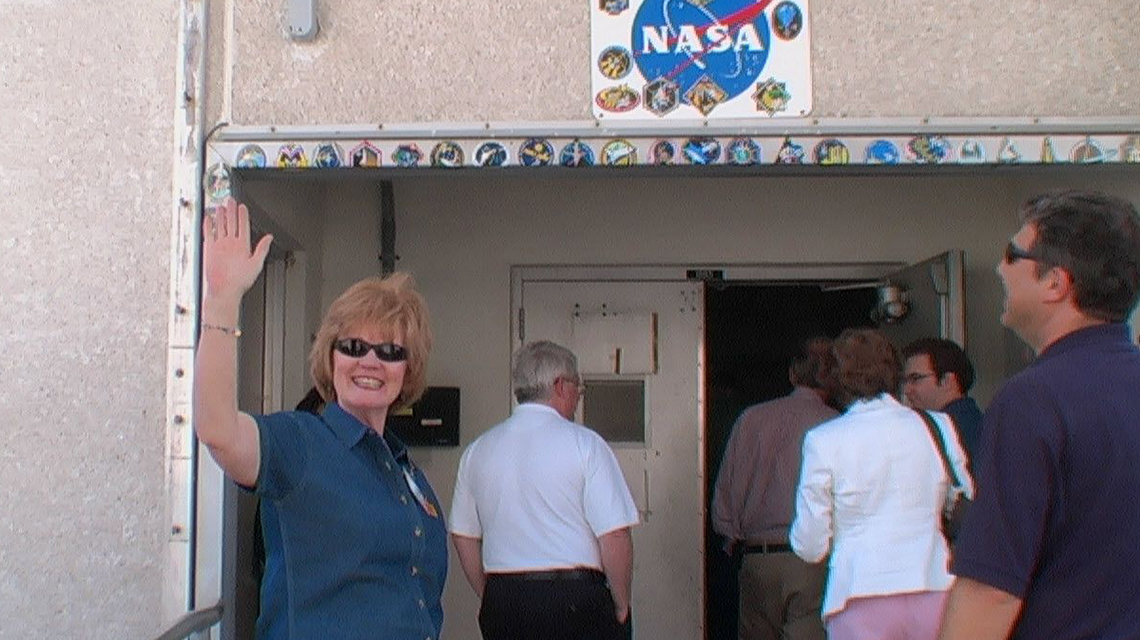In 1987 when Debbie Gilley started working as a safety inspector of healthcare facilities for the Florida Bureau of Radiation Control, which is responsible for the US state’s radiological safety programme, she was one of only three women out of the 40 professional staff members at the organization. “My biggest challenge was earning the respect of my peers – the university degrees give you credibility, but being a man or a woman, it’s your performance that validates your ability to perform the task,” said Gilley. Now with a 40-year international career in radiation protection of patients, Gilley reflects: “I have tried to turn every challenge into an opportunity.”
As part of the IAEA’s commitment to achieving gender parity in the nuclear field, the Agency is putting the spotlight on women scientists to encourage other women to contribute their knowledge, leverage their skills and share their leadership abilities in realizing the full potential of nuclear science and technology to improve our daily lives. To achieve this goal, the IAEA has also launched the Marie Sklodowska-Curie Fellowship Programme, which provides scholarships for women beginning their careers in nuclear science and technology.









